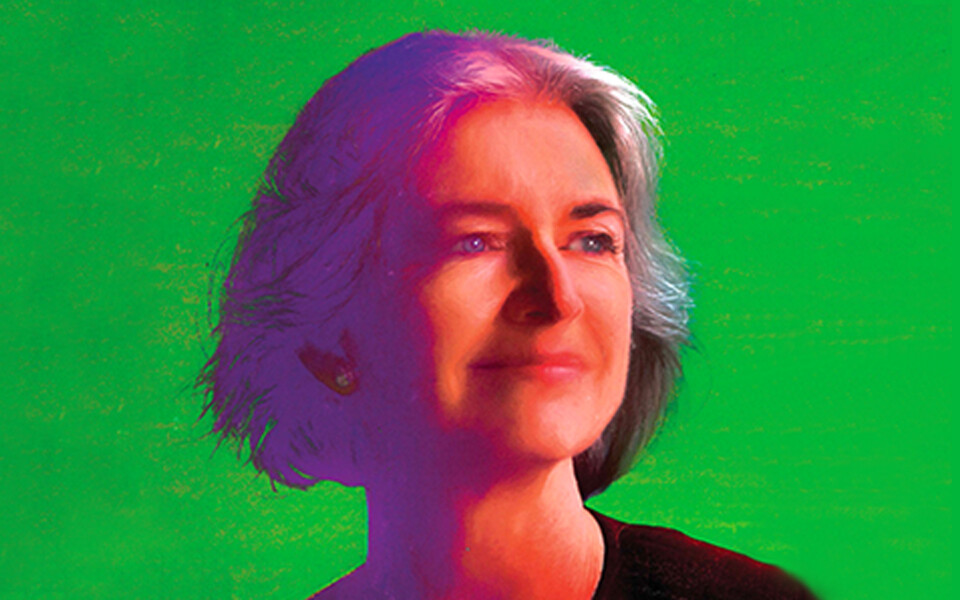Her Discovery Changed the World. How Does She Think We Should Use It?
It’s entirely possible, maybe even likely, that during some slow day at the lab early in her career, Jennifer Doudna, in a moment of private ambition, daydreamed about making a breakthrough that could change the world. But communicating with the world about the ethical ramifications of such a breakthrough? “Definitely not!” says Doudna, who along with Emmanuelle Charpentier won the Nobel Prize in Chemistry in 2020 fortheir research on CRISPR gene-editing technology. “I’m still on the learning curve with that.” Since 2012, when Doudna and her colleagues shared the findings of work they did on editing bacterial genes, the 58-year-old has become a leading voice in the conversation about how we might use CRISPR — uses that could, and probably will, include tweaking crops to become more drought resistant, curing genetically inheritable medical disorders and, most controversial, editing human embryos. “It’s a little scary, quite honestly,” Doudna says about the possibilities of our CRISPR future. “But it’s also quite exciting.”
I don’t mean to put it pretentiously, but your work involves touching the fabric of life itself. Has doing that work given you any wisdom that you can pass along to younger scientists? And I don’t mean something like “If you try your hardest, your career will work out.” I mean deeper wisdom about
the relationship between humanity and science. Well, at some level, we’re all scientists, because being a scientist is about being curious about our natural world. That’s true whether we’re studying black holes or slime molds or working on CRISPR. It’s about the process of discovery. I still feel that way about the work that I do. It’s funny — I was recently having this conversation with my teenage son, who is starting to think about, Do I want to work in a company or start my own company or become an academic? I think he has always been a little skeptical of my work.1 He’s like, Gosh, why do you put up with the university bureaucracy? I said to him: I have a unique privilege in my job where someone is paying me to work on problems that they’re not dictating to me. I can get some money to do it, and I can persuade a student to work with me, and I can just do it! There’s a joy to that.
But I’m asking from an ontological or theological perspective. What thoughts does having your hands in there editing DNA spark about our place in the universe? It does seem quite profound that just in the last few decades human beings have figured out “What is the genetic material? What does it look like? How is it replicated?” and then, increasingly, “How do we synthesize it, change it and, now, how do we edit it?” It’s not something that we could do today, but you can see all the technical pieces have come together that would allow us to, for example, make the DNA that would encode an entire organism. With CRISPR, you could imagine doing things with life that have never happened in nature but now are possible because we can alter the DNA at will. That is a profound thing. I’ve asked myself, and I think this is kind of unanswerable: Is this a natural progression of human curiosity about who we are, why we’re here, what is life? All those profound questions that scientists have been trying to answer by trying to uncover the actual chemistry of life. Now we have a lot of that knowledge. We’re still, in my opinion, very limited in our knowledge of what our genome actually does, but we have tools that allow us to start to uncover the remaining answers to those questions more quickly. So where are we headed with that? It’s a hard question to answer. If we were on a steady trajectory, it would still be hard to answer, but we’re on this accelerating trajectory. I’m thinking about computing, machine learning, all the hard tech that will change and accelerate the pace of discovery.


